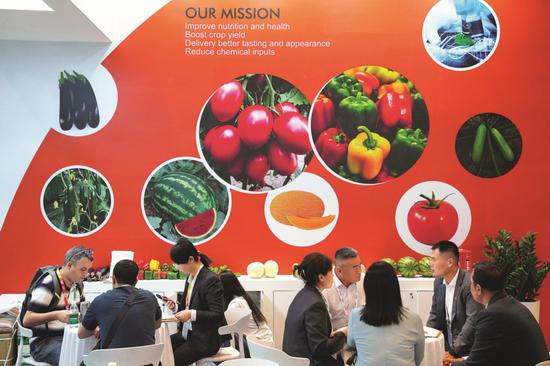
Participating guests engage in discussions and exchanges during an activity at the ongoing 2024 Asian Seed Congress in Sanya, Hainan province, on Monday. (WANG CHENGLONG/FOR CHINA DAILY)
Experts at the 2024 Asian Seed Congress underscored China's pivotal role in global agriculture, highlighting the unique contributions of Hainan province and the importance of seed-friendly policies to foster innovation and international collaboration in the agricultural sector.
The conference in Sanya, Hainan, began on Monday and will conclude on Friday. It has drawn over 1,500 attendees from 52 countries and regions.
Manish Patel, president of the Asia and Pacific Seed Association, emphasized China's irreplaceable role in the Asia-Pacific Economic Cooperation region and the global agricultural landscape.
"We cannot think of the APEC region without China. And I think even the world cannot survive without China," he said, highlighting the country's substantial agricultural economy.
Describing the island province as a distinctive region in China, Patel noted its unique agroclimatic conditions and supportive policies.
"With its exceptional attributes, Hainan is positioned to introduce numerous innovations not only to the domestic market, but also to the broader APEC market," he remarked.
Recognizing the crucial role of policies and regulations in the seed industry, Patel lauded the Hainan Free Trade Port for its supportive import and export policies and thriving scientific and technological innovation environment for the seed sector, stressing the necessity of robust regulations for nurturing growth within the seed business.
Seed trade and technological exchange within the APEC region are witnessing growing significance.
"The Asia-Pacific market not only showcases relatively rapid growth within the global seed industry but also distinguishes itself for its proactive involvement in seed technology applications," said Zhang Xiaoqiang, director of strategy and government affairs at China Seed Group, the largest seed company in China.
Last year, the Asia-Pacific region's market value of $29.7 billion represented 32 percent of the global seed market value. The region also accounted for a substantial portion of global seed consumption — about 26.9 billion metric tons, nearly 40 percent of worldwide consumption, according to the APSA.
Francine Sayoc, executive director of the APSA, underscored the seed industry's dependence on cross-border partnerships and trade, stressing the value of free trade efforts in Hainan and how the island has promoted innovation and germ plasm exchanges essential for research.
Wu Jingxuan, deputy director of the Yazhou Bay Science and Technology City administration, also commended the advantages of favorable policies. She spotlighted the city's establishment of a specialized zone to protect intellectual property rights for seeds resulting from new scientific and technological breakthroughs, ensuring swift industrial gains.
Yazhou has been regarded as the "Silicon Valley" of China's seed industry. International research collaboration within the seed industry here has yielded multiple achievements, helping the city become a global research hub and gateway, she said.
Amid a networking opportunity at the conference, many foreign companies have shown interest in increasing cooperation, considering the conference as a platform for engaging with a range of individuals, companies, technology developers and distributors.
Surendra Uttamrao Deshmukh, representing Ajeet Seeds Private Limited from India, underscored India's thriving market for hot peppers and expressed keen interest in procuring top-tier produce such as peppers, cabbages, cauliflower, watermelons and cucumbers from China.
Acknowledging China's cutting-edge agricultural technology, Deshmukh highlighted the potential for collaboration to unlock a multitude of opportunities for mutual growth and innovation within the agricultural sector.
In a similar vein to Deshmukh's sentiments, Moustafa Gaara from Egypt, representing the Thai Seed Trade Association, shared his enthusiasm for cauliflower, tomatoes and pepper varieties.
"I truly appreciate strong breeding initiatives and an eagerness to acquire a range of diverse varieties from both this conference and China to introduce to my home country," he said.








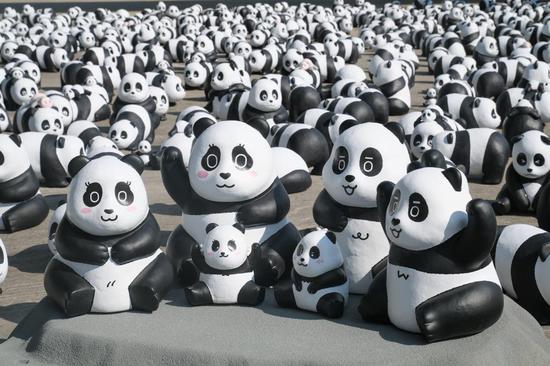
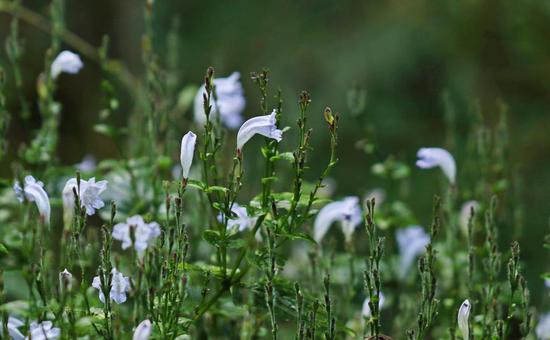


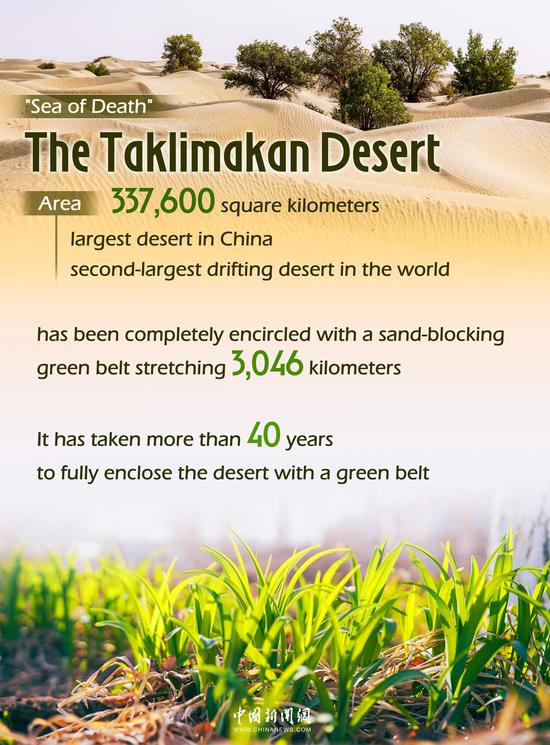
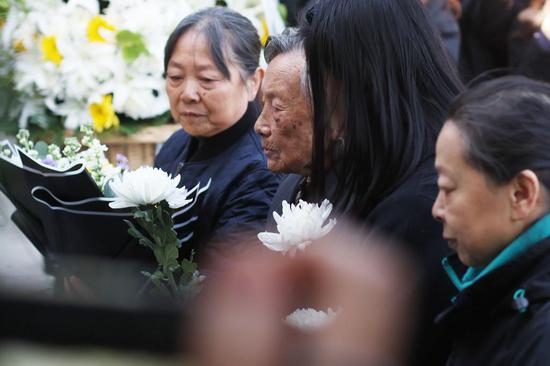

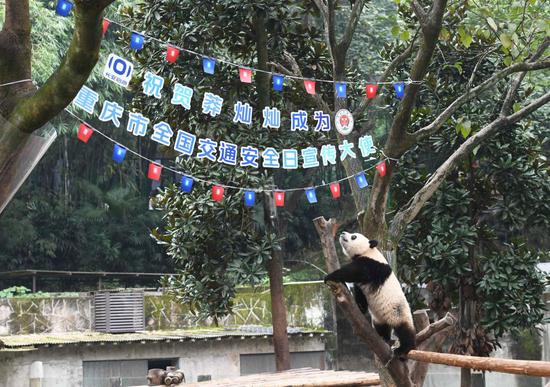
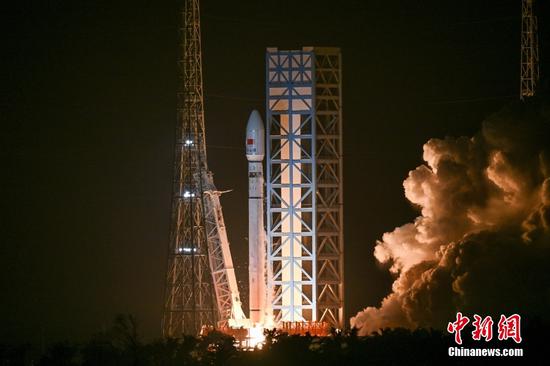

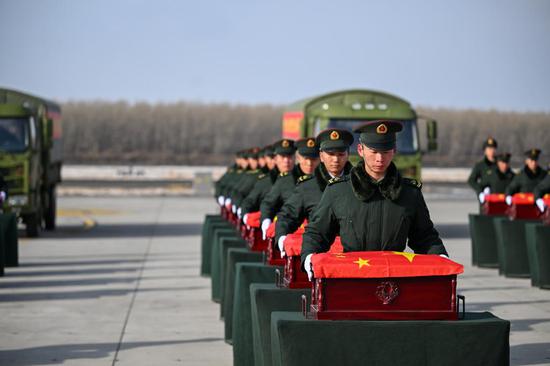
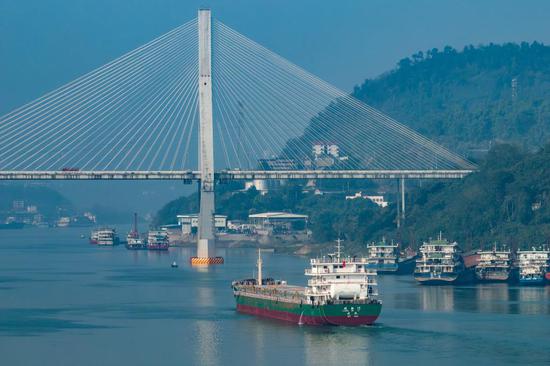

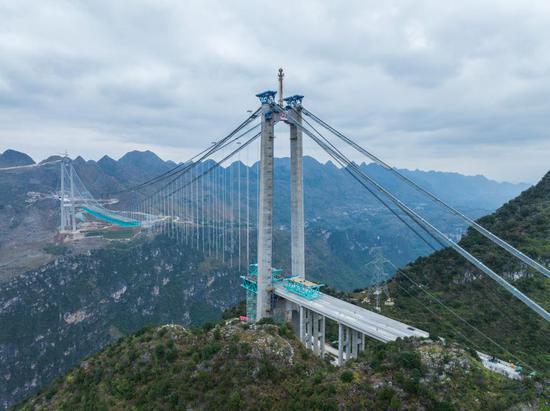


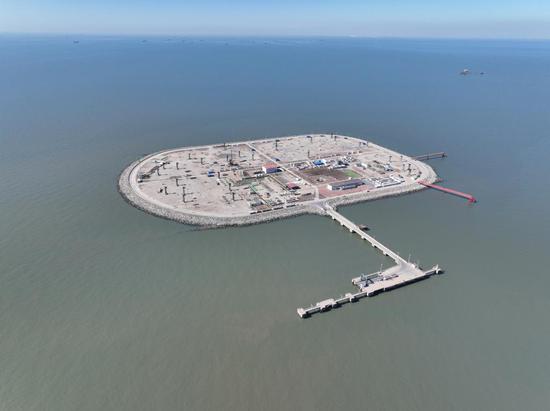

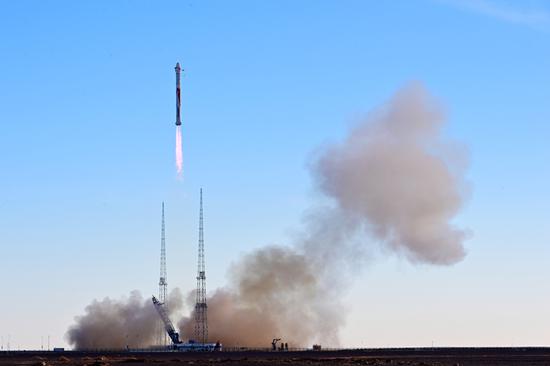
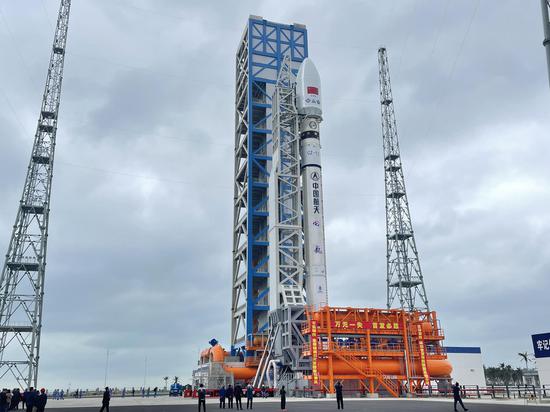
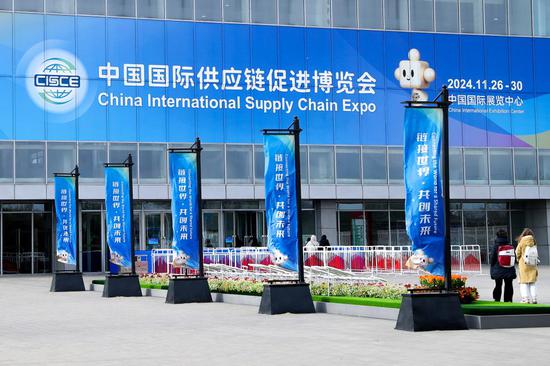
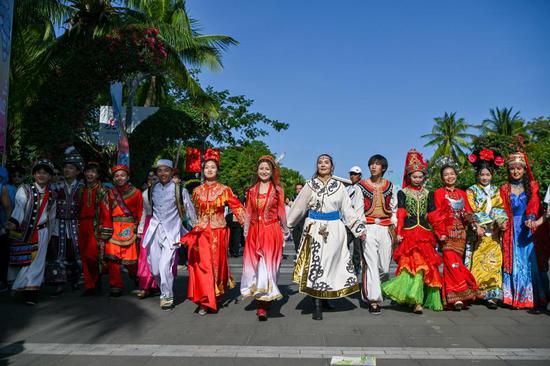
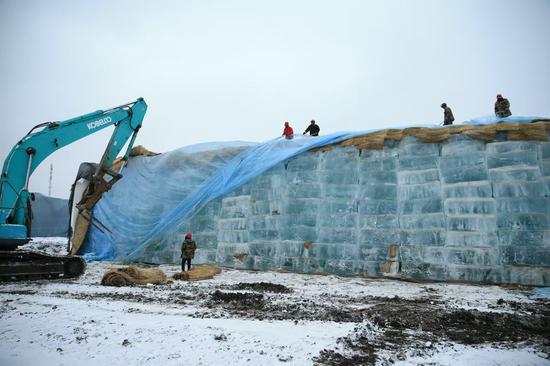
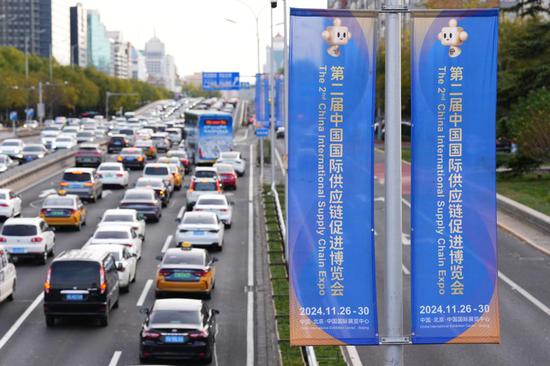


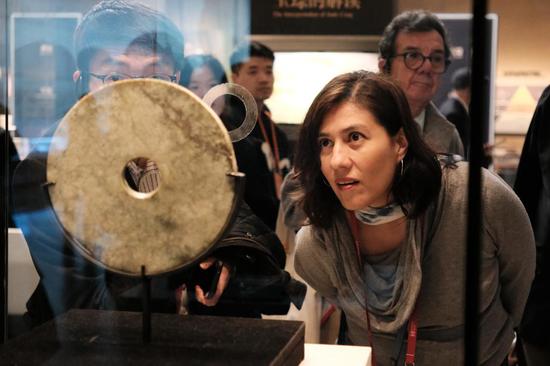
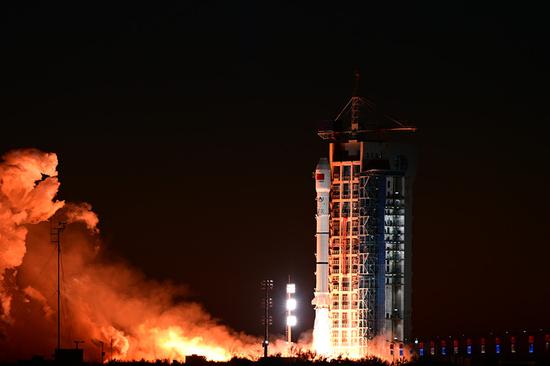

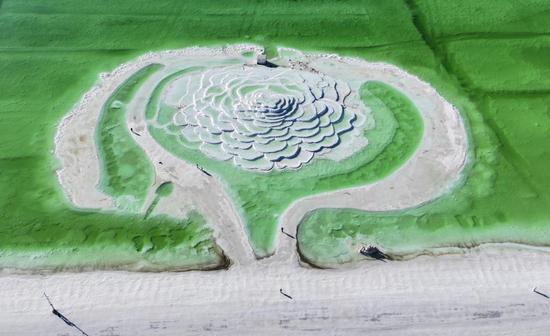
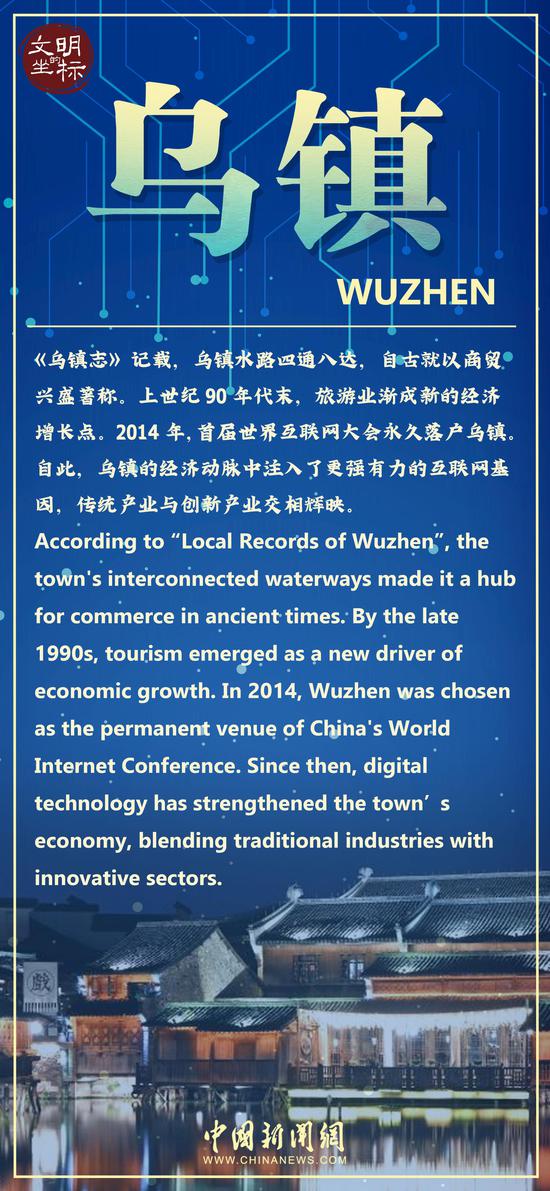
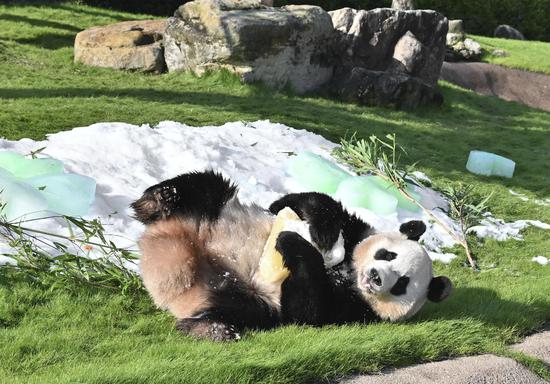
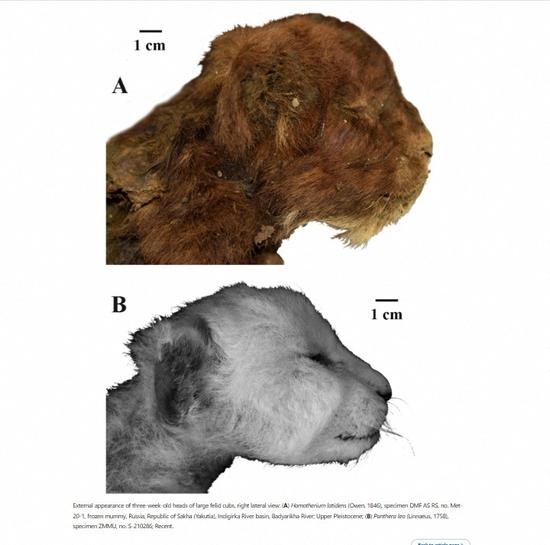







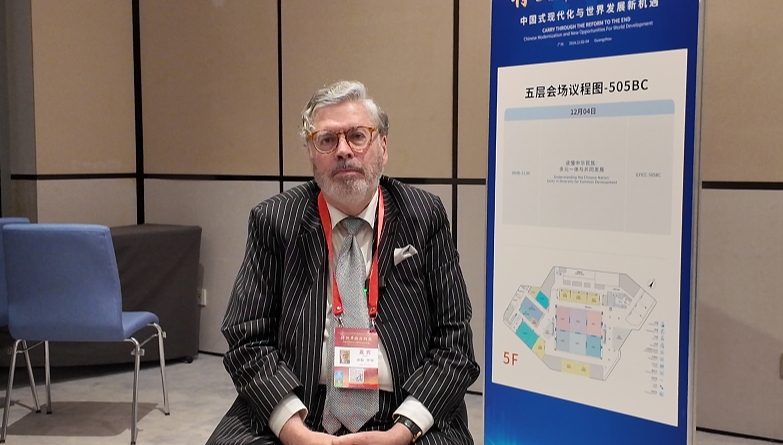

 京公网安备 11010202009201号
京公网安备 11010202009201号